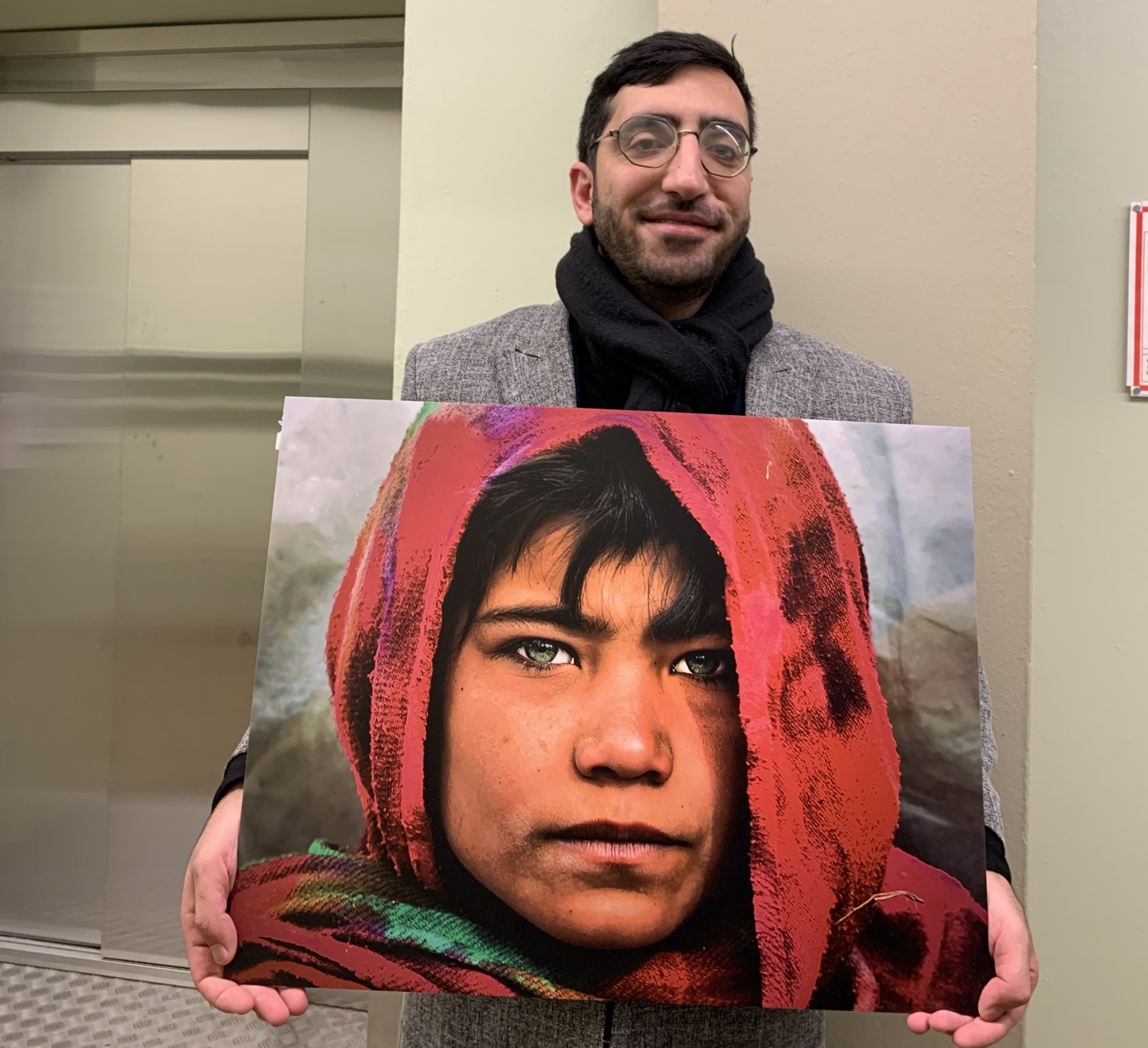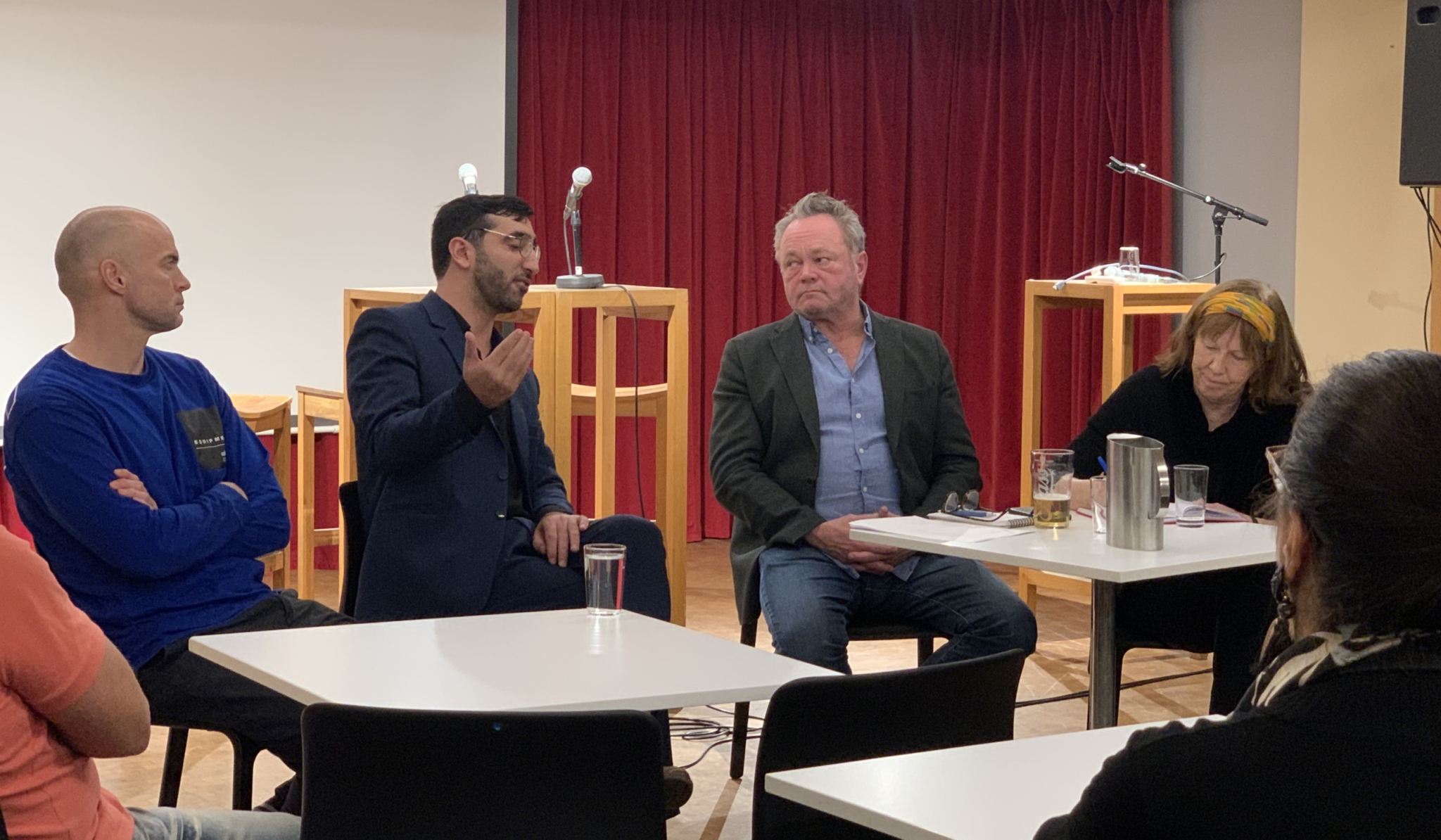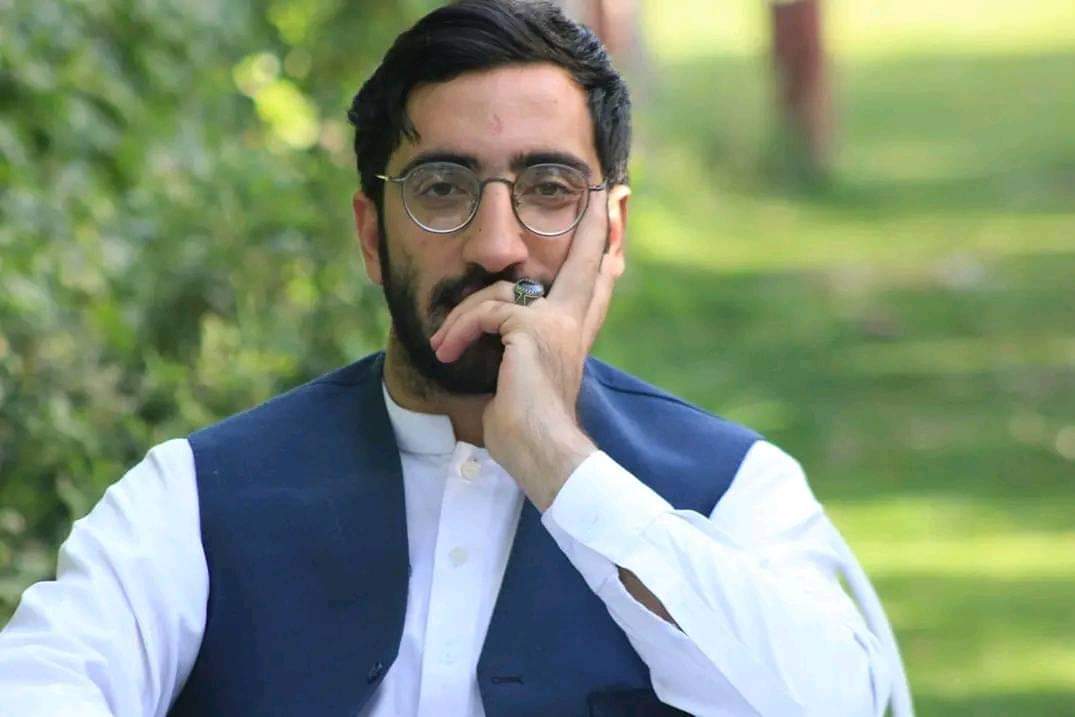Fled from Torture: – “Fear the World Has Forgotten Us”
“There is hardly a worse place for journalists than Taliban-controlled Afghanistan,” said Khalid Qaderi, an exiled journalist who fled the country under harrowing circumstances, calling for greater international pressure.
In a country marked by growing repression and vast areas rendered inaccessible, journalism has become a life-threatening job under Afghanistan’s de facto Taliban regime. Human rights groups and the national journalists’ union say access to information has become one of the most challenging tasks, with media professionals and outlets facing frequent threats and attacks.
According to the Afghanistan Journalists Center, 181 incidents of violations against media and journalist rights, which included the closure of 18 media outlets and the arrest of 50 journalists happened in the landlocked country in 2024. . Nearly all incidents involved the Taliban authorities, with violations ranging from arbitrary shutdowns of television and radio broadcasts to the illegal detention of journalists accused of defying the stringent regulations imposed by the de-facto Taliban government.
Currently, Afghan media faces 21 strict restrictions, with the latest blow coming in October last year when Taliban-run media outlets in multiple provinces ceased broadcasting any visual depictions of living beings to comply with newly introduced morality laws. These measures, aimed at enforcing a regressive interpretation of Islamic principles, have drawn sharp rebuke from exiled Afghan journalists.
Khalid Qaderi, a 31-year-old Afghan journalist now living in exile in France, described these measures as a step backward.

“The world has advanced, embracing Artificial Intelligence, while the Taliban cling to the Stone Age and want to drag the entire country back with them,” Qaderi said.
In 2022, Qaderi himself fell victim to the Taliban’s tightening grip on media. In Herat, the western Afghan city, he was sentenced to one year in prison on charges of disseminating anti-regime propaganda and alleged espionage for foreign media—an accusation he denied. He was among the very few journalists having faced a military trial.
Treated Like a Hardcore Militant
Khalid Qaderi, once a reporter and producer of cultural programs for Radio Nawruz, an independent broadcaster in Herat province, and also a poet, was detained on March 17, 2022, in the western city of Herat. On April 26, he was sentenced to one year in prison. He was not given access to a defense lawyer and was forced to sign a statement waiving his right to appeal.
“No proper procedure as per law was followed. I was treated and sentenced as if I was a hardcore militant, not a journalist,” Qaderi recently revealed the ordeal during a visit to Oslo, invited by Norsk PEN.
“It needed a lot of courage to talk about the mistreatment I faced, but now I have the strength to talk about the atrocious government of the Taliban.”
Physically Abused and Imprisoned with ISIS Militants
In the prison cell, Qaderi said he was mentally and physically tortured and promised that if he joined the Taliban ranks, he could have a better life, a better professional career in journalism, and a bright future. “But I didn’t accept any of the offers I received during detention,” he says.
“All I wanted was for restrictions to be lifted on media, for women to be allowed back in public life, and to start working in the fields they like.”
“But in return, I was put in the same prison cell where hardcore Islamic State (IS) militants were kept. I shared the same prison with the IS militants, and it was a horrible experience. It was more like psychological torture, and I feared for my life.”
The ill-treatment of journalists, including physical and mental torture, has become a common practice in Taliban-controlled Afghanistan.
The New York-based Committee to Protect Journalists (CPJ) and Reporters Without Borders (RSF) have on multiple occasions, accused the Taliban fighters of beating and detaining journalists for merely doing their jobs. This raises serious questions about the group’s promises regarding media freedom.
Qaderi said during his detention he was physically and mentally tortured and treated like a terrorist.
“One day, Taliban fighters pushed and slapped me so hard I found myself unconscious, lying on the ground with six broken teeth,” the journalist recalled.
Qaderi says his only crime was challenging the Taliban’s harsh restrictions and demanding that women be allowed to work in media.
He added that while Taliban leaders are often mannered on TV and at press conferences, speaking of freedoms, the reality on the ground is totally different.
“Reporting in a Taliban-run Afghanistan has become so difficult, with journalists being threatened, abused, and imprisoned every day, yet the situation remains alien to the outside world.”
Afghanistan Overshadowed by Ukraine and Gaza Conflicts
Qaderi says that the ongoing conflicts in Ukraine and Gaza have diverted attention away from Afghanistan, where the Taliban continue to oppress women, banning them from public life and imposing new, harsh restrictions on the media. “While the world seems to care less about the Islamic fundamentalist group, the situation in Afghanistan grows direr,” Qaderi said.

According to the AFJC’s report on the status of media, press freedom in the country is rapidly fading. AFJC recorded a total of 260 violations, including threats, detentions, and violent confrontations in 2022—an alarming 138% increase from 2021.
Of the total number of incidents recorded in 2022, at least 119 journalists and media workers were temporarily detained, with the majority experiencing physical and psychological violence, insults, and humiliation. In 2023, approximately 168 violations were reported.
According to RSF, 43% of Afghan media outlets disappeared since the Taliban’s takeover in August 2021. More than two-thirds of the 12,000 journalists in the country in 2021 have left the profession. Eight out of ten women journalists have had to stop working. Qaderi says that currently, only 15 women journalists remain in the country, a figure that could not independently be verified.
The UN Women for Afghanistan says that 80% of women journalists in Afghanistan have been forced to stop working due to restrictions, harassment, and intimidation.
Afghanistan Journalists Centre in its latest report writes that Taliban authorities have imposed stipulations on how women should dress and present themselves in media, barred women from participating in plays and television entertainment programs, and prohibited interviews with opponents.
Qaderi says around 500 journalists majority of them being women are stuck in neighboring Pakistan and 250 in Iran, waiting for help that has yet to arrive.
“Media on the ground feel as though ‘no stories can be filed’ without Taliban approval,” Qaderi added.
A Worrying Press Freedom Ranking
Khalid Qaderi’s testimony and experience are reflected in the 2024 World Press Freedom Index, where Afghanistan saw a dramatic drop of 26 points over the past year. The country now ranks 178 out of 180 in RSF’s rankings, making it one of the three worst countries in the world for press freedom.
“Under the Taliban, Afghanistan has become the most repressive country for journalists, but yet the world pays no attention,” said Qaderi.





